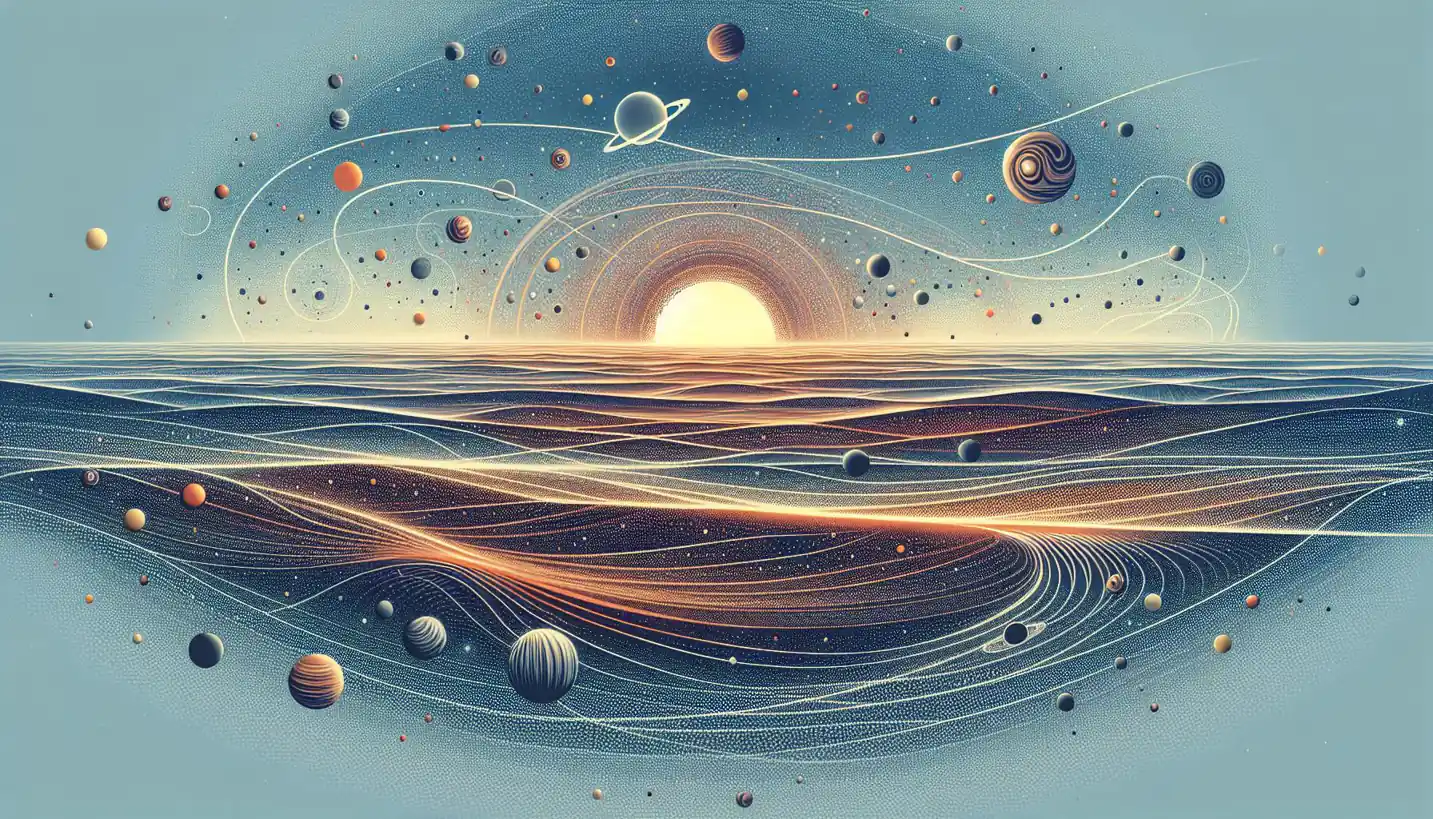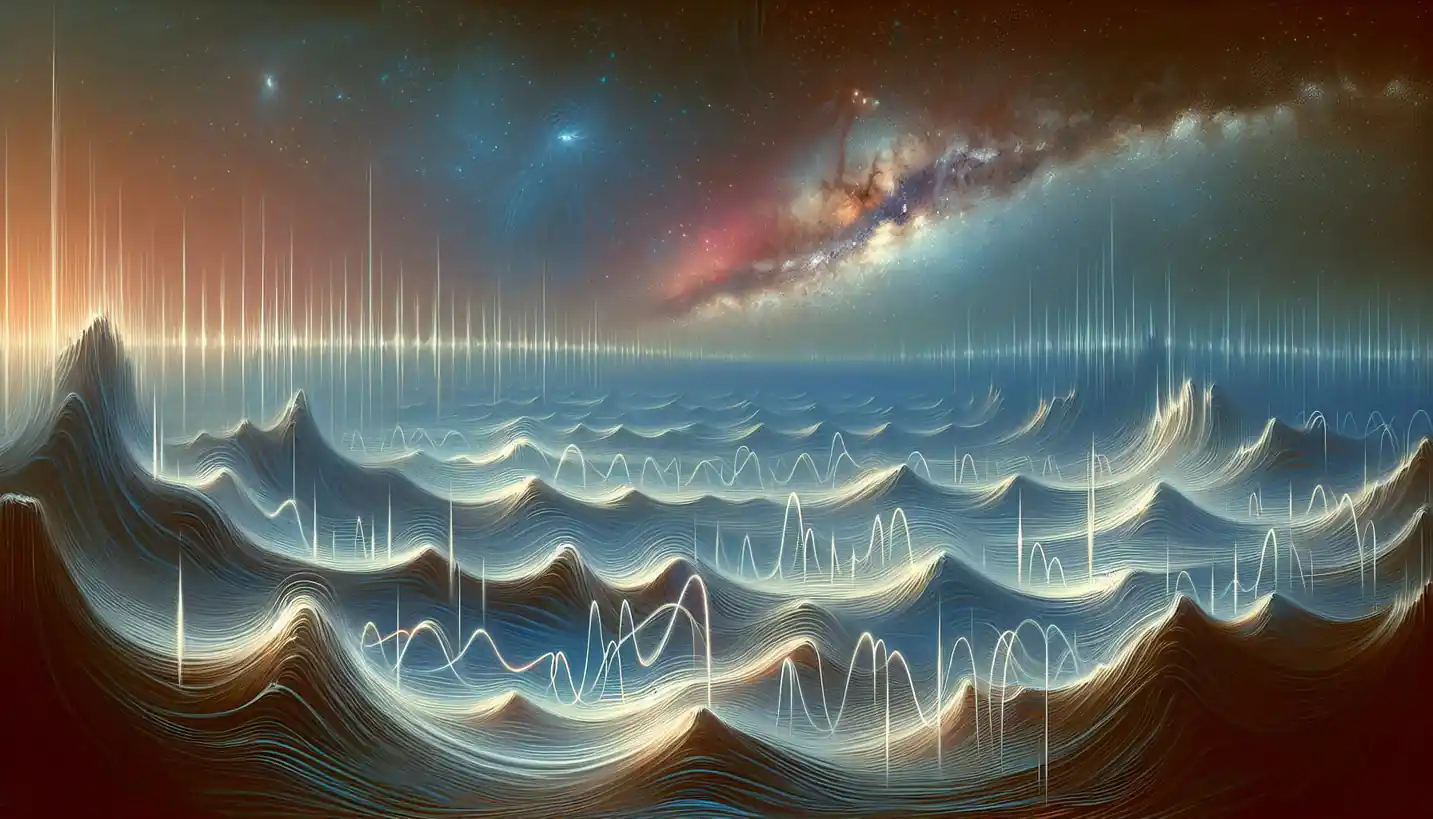· Physics · 4 min read
Understanding Neutron Moderation in Nuclear Physics
Neutron moderation ensures nuclear reactions proceed safely, slowing neutrons for effective and sustained reactions in reactors.

In the fascinating world of nuclear physics, one intriguing process is neutron moderation. Let’s dive into this essential concept that plays a tremendous role in how nuclear reactors work.
What is Neutron Moderation?
Neutron moderation is like slowing down a speeding car to make it easier to control. In a nuclear reactor, neutrons are like tiny, fast-moving particles that need to be slowed down to be more effective for sustaining a chain reaction. When neutrons are released during nuclear fission, they travel incredibly fast—so fast that if they don’t slow down, they might miss hitting other atoms needed to keep the nuclear reaction going. Slowing them down increases the chances of successful interactions.
How Does Neutron Moderation Work?
Imagine playing a game of billiards. If you hit the cue ball too hard, it skips wildly around the table. But if you hit it just right, it gently rolls and hits other balls, giving you more control over the game. Neutron moderation is quite similar. By using specific materials called moderators, neutrons are slowed down without being absorbed. This process makes them more likely to induce further reactions.
Key Players: The Moderators
Moderators are materials with properties that make them excellent at slowing down neutrons. Some common moderators include water, heavy water, and graphite. These materials are chosen because they have light nuclei, allowing them to effectively ‘tag’ the neutrons, reducing their speed without capturing them.
Water is the most popular moderator, especially in light water reactors, because it’s abundant and efficient. Heavy water, although less common, is highly effective and used in some specialized reactors. Graphite, on the other hand, has been historically important in certain reactor designs.
Why is Neutron Moderation Important?
Neutron moderation is pivotal for maintaining a controlled nuclear reaction. Without it, neutrons would zip past atomic nuclei quickly, decreasing the chances of continued reactions. The moderation process ensures that reactors can sustain a steady and controlled release of energy, which is crucial for producing electricity safely.
Additionally, moderated neutrons have better chances of being captured by fissile materials like Uranium-235 or Plutonium-239, leading to a more efficient chain reaction. This efficient capture boosts the overall performance and safety of nuclear reactors.
The Science Behind Moderation
When a fast neutron collides with nuclei in the moderator, it loses some of its energy. Picture it like bouncing a basketball—each bounce reduces the ball’s energy until it slowly rolls to a stop. In nuclear terms, the neutrons lose kinetic energy until they reach what’s known as thermal energies, becoming thermal neutrons. These thermal neutrons are far more effective at sustaining nuclear reactions.
Challenges and Considerations
Although neutron moderation is essential, it comes with challenges. Choosing the right moderator involves a careful balance of efficiency, availability, and safety. For instance, while heavy water is a superb moderator, it’s expensive and requires special handling. Graphite, although effective, also presents engineering challenges and safety considerations.
Moreover, overheating can affect how well a moderator performs. If the moderator doesn’t work as intended, it could affect the reactor’s efficiency and safety. Thus, reactor operators continuously monitor the conditions to ensure everything stays within safe parameters.
Future of Neutron Moderation
As we look to the future, neutron moderation could see new advancements. Researchers are exploring innovative materials and technologies to improve efficiency and safety. New reactor designs, such as small modular reactors, are being investigated for their potential to use different moderation techniques.
One area of research involves looking at alternative materials that might provide better performance or that are more sustainable and environmentally friendly. The goal is to continuously refine and optimize how we control nuclear reactions for cleaner and safer energy production.
The Bigger Picture
Neutron moderation is just one piece of the intricate puzzle that makes up a nuclear reactor. This seemingly straightforward process allows us to harness the immense power of nuclear energy. By delicately balancing the speed of neutrons, we can safely and efficiently produce electricity, helping to power homes and industries around the world.
As the world looks for more sustainable energy solutions, understanding and optimizing processes like neutron moderation will be more crucial than ever. It’s an exciting time in nuclear physics, with potential breakthroughs on the horizon that could shape the future of energy.
Conclusion
From billiards to basketball, everyday metaphors help us grasp the critical role of neutron moderation in nuclear physics. It’s an intricate dance of particles that, when performed correctly, results in a harmonious and controlled production of energy. As our understanding and technology improve, the role of neutron moderation will be at the forefront of advancing nuclear energy for a sustainable future.
In summary, neutron moderation is vital not just for understanding nuclear physics, but for the broader quest of providing clean and safe energy worldwide. Whether it’s improving existing technologies or exploring new ones, moderation remains a key area of focus—a testament to its importance in the world of nuclear science.



